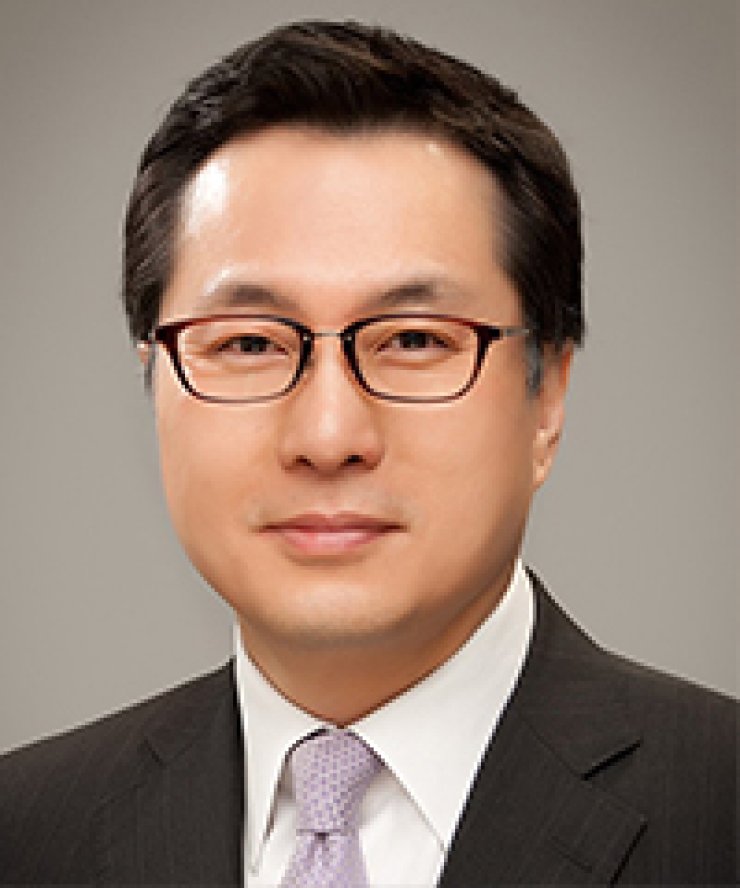 |
By Peter S. Kim
Since the pandemic outbreak, the surge in retail investor participation has led to some powerful price action rarely seen in recent history. During the lockdown, retail investors stuck at home discovered the mobile-enabled stock trading apps that made trading stocks easy as playing video games. The popularity of trading apps combined with the emergence of investment bloggers with huge followings is seen as a way to democratize the stock market customarily controlled by mutual fund managers and hedge fund billionaires. As the popularity of the trading “meme” stocks grew, there have been many cases of retail investors collectively making a visible impact on the stock market.
The pandemic lockdown coincided with the proliferation of addictive mobile trading platforms and the social media community rushing to the stock market, displaying a culture usually reserved for gaming or gambling. Otherwise known as FOMO (fear of missing out) phenomenon, the herd-driven stock market behavior continues despite lifting COVID restrictions. In the U.S., social media platforms like Reddit impact even the largest listed companies. The potent combination of gaming and gambling culture led to the exponential rise of GameStop triggered by retail buying forcing short-covering by hedge funds. Short-covering describes hedge funds borrowing stocks to sell in the anticipation that stock will fall, which they can then profit by buying back at a lower price. However, if the stock rises instead of falling, it can force the hedge fund to buy back the stock at a higher price at a loss.
Since the outbreak, there has been a growing population of individuals gaining market confidence and rising influence in the stock market, the same group who single-handedly took cryptocurrencies into the mainstream, which, despite being earlier dismissed by financial institutions, is now gaining acceptance as a legitimate asset class.
In Korea, retail investors have also made a surge into all forms of financial assets, most notably the U.S. and local bourse KOSPI and KOSDAQ. At one point, Korean retail investors were together the top ten holders of Tesla at its peak. After over ten years of selling Korean equities, Korean individuals swarmed the local stock market by buying almost 150 trillion won ($117 billion) since the pandemic. It was earlier thought that the global lockdown and ultra-low interest rates caused the retail boom. However, the “animal spirits” have not abated with rising interest rates and the return to everyday life.
The latest retail fund flow data for Korea indicates that Korean individuals remain committed to the local stock market, and there are no signs of abating. My thesis on the sustainability of fund flow was that Korean households are making once-in-a-generation portfolio reallocations due to the demographic cliff and declining attraction of residential property. As Korea slides into the demographic cliff, real estate as an investment will give way to financial assets in the coming decades.
Still, one would assume stock market exuberance would pause or reverse in the short term with higher inflation and rising investor concerns over the looming recession. And yet, we have another wave of retail fervor on a stock called EcoPro, a battery materials producer. Year to date, the stock has rallied sharply, despite a recent drop. Individual investors net bought over 3 trillion won worth of EcoPro without any news changing the outlook for the company.
While the battery as an investment theme has been popular for a couple of years now, the EcoPro share price performance defies all logic as there is no news to drive the share price higher. And just like the Gamestop stock in the U.S., EcoPro’s rally has come at the expense of institutional investors, especially the local hedge funds, who have accumulated short positions from the early stage of the price rally. An underweight or short position on a stock like EcoPro for a fund manager could quickly ruin an entire year.
Even the most momentum-driven local fund managers are finding it hard to follow the crowd piling into EcoPro with the most optimistic future scenario that cannot justify the current valuations. EcoPro is now at stratospheric levels signaling a return of the bubble seen during the pandemic. As retail investors ride on a feverish momentum train, it is another reminder of Korea as one of the fiercest markets for momentum and herd-style investing. For many decades the Korean market was considered the most volatile and complex, not only because of the herd mentality among retail investors but also institutional management.
Just as U.S. retail investors were mesmerized by the meme stocks and the social media platforms glorifying them, Korean investors built a cult following around a group of platforms and financial market influencers. The popularity of mobile trading platforms and social media commentators is transforming the stock market, resembling an arena combining gaming (video arcade parlor) and gambling (casino) rather than investing.
EcoPro’s share price illustrates retail investors’ potent power and the changing market structure of the stock market, where such price movements were only seen in micro caps or “penny stocks.” With the rising participation of algorithm trading, ETFs, and now AI-generated trading programs, the market that used to be anchored by human managers who bought and sold stocks on fundamentals and valuations is no longer the primary anchor for the market. The ability of retail investors to influence the stock market could be a sign of evening the playing field for individuals, but it also raises risk and volatility for the entire market, which is not such good news.
Peter S. Kim ([email protected]) is a managing director at KB Financial Group.